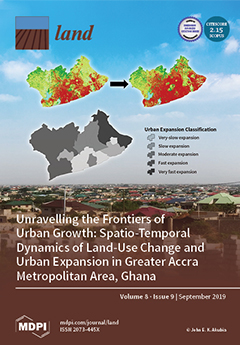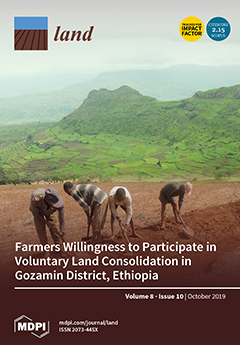Flooding and Land Use Change in Southeast Sulawesi, Indonesia
Flooding is a routine occurrence throughout much of the monsoonal tropics. Despite well-developed repertoires of response, agrarian societies have been ‘double exposed’ to intensifying climate change and agro-industrialization over the past several decades, often in ways that alter both the regularity of flood events and individual and community capacity for response.






